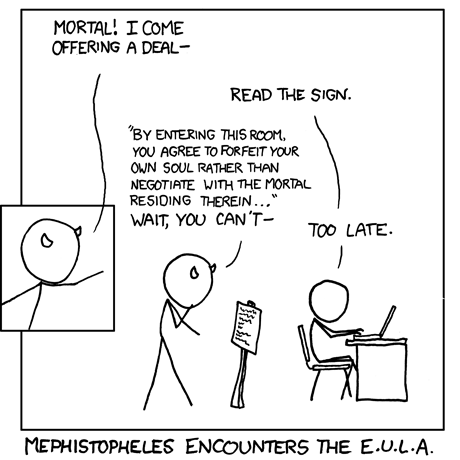 The Space Frontier Foundation issued this press release today, following our earlier call for NASA to fund its COTS-D program for demonstrating commercial human spaceflight capabilty.
The Space Frontier Foundation issued this press release today, following our earlier call for NASA to fund its COTS-D program for demonstrating commercial human spaceflight capabilty.
The Space Frontier Foundation today called on President-elect Barack Obama to use the innovation and drive of American entrepreneurs to “close the Gap” in U.S. human spaceflight after the Space Shuttle is retired in 2010.
President-elect Obama has promised $2 billion in additional funding for NASA to address the Gap, when the U.S. will be dependent upon Russia’s Soyuz for crew access to the International Space Station. But two of the options proposed – extending Space Shuttle operations or accelerating the Constellation program – wouldn’t reduce the current estimate of a five year gap by much.
“Space leaders are considering three or four options for reducing the Space Gap, but only one reflects the spirit of positive change that Senator Obama campaigned on,” said Foundation Chairman Berin Szoka. “According to NASA’s own estimates, flying the Shuttle beyond 2010 will cost at least $2 billion per year, so that only cuts the Gap by one year. And $2 billion is a drop in the bucket for Constellation, at best helping to address shortfalls that the Congressional Budget Office just predicted will add another 18 months to the Gap.”
A third option is being considered by some at NASA, according to published reports: Strip the Orion Crew Exploration Vehicle of the capability to support Lunar exploration, making it simpler and lighter, and supposedly easier to complete sooner.
“This idea is crazy, because it will strand NASA in low Earth orbit, instead of exploring the solar system,” said Foundation co-founder Rick Tumlinson. “The whole point of the Vision for Space Exploration was to send NASA’s Lewis & Clarks further out into the frontier, to the Moon, Mars, and near-Earth asteroids, while the private sector takes over Earth orbit. Cutting Orion back gives us ‘Gemini on steroids’, which would be a change for the worse.”
“The only option that makes sense is to use President-elect Obama’s promised $2 billion to catalyze as many as five new commercial human spaceflight companies that will compete to close the Gap using the safest, most capable and affordable system they can develop,” said Will Watson, Foundation Executive Director.
“Let’s not put all our eggs in one basket by pouring even more money into the Shuttle, an old system that’s on its last legs, or a controversial new program that’s already behind schedule,” Watson said. “If we’re serious about closing the Gap and about making humanity’s presence in space economically sustainable, we need real change in how we put humans in space. Let’s use this $2 billion to stimulate multiple entrepreneurial systems that will not only slash costs, improve safety, and close the Gap, but also help create a whole new space industry with new jobs here in America.”





 OK, in fairness, this image is of the statue outside the Federal Trade Commission, not the Justice Department. But it’s always perplexed me – the image of a man restraining/abusing a horse.
OK, in fairness, this image is of the statue outside the Federal Trade Commission, not the Justice Department. But it’s always perplexed me – the image of a man restraining/abusing a horse.  The Technology Liberation Front is the tech policy blog dedicated to keeping politicians' hands off the 'net and everything else related to technology.
The Technology Liberation Front is the tech policy blog dedicated to keeping politicians' hands off the 'net and everything else related to technology.